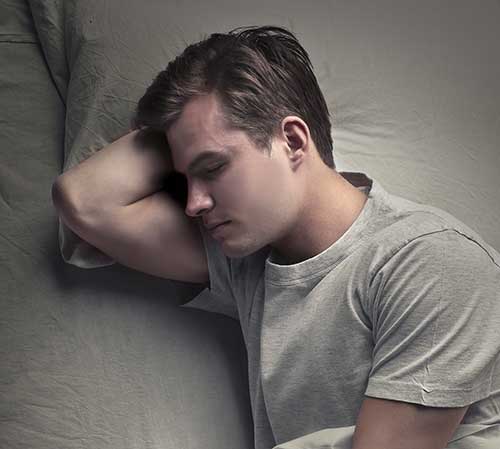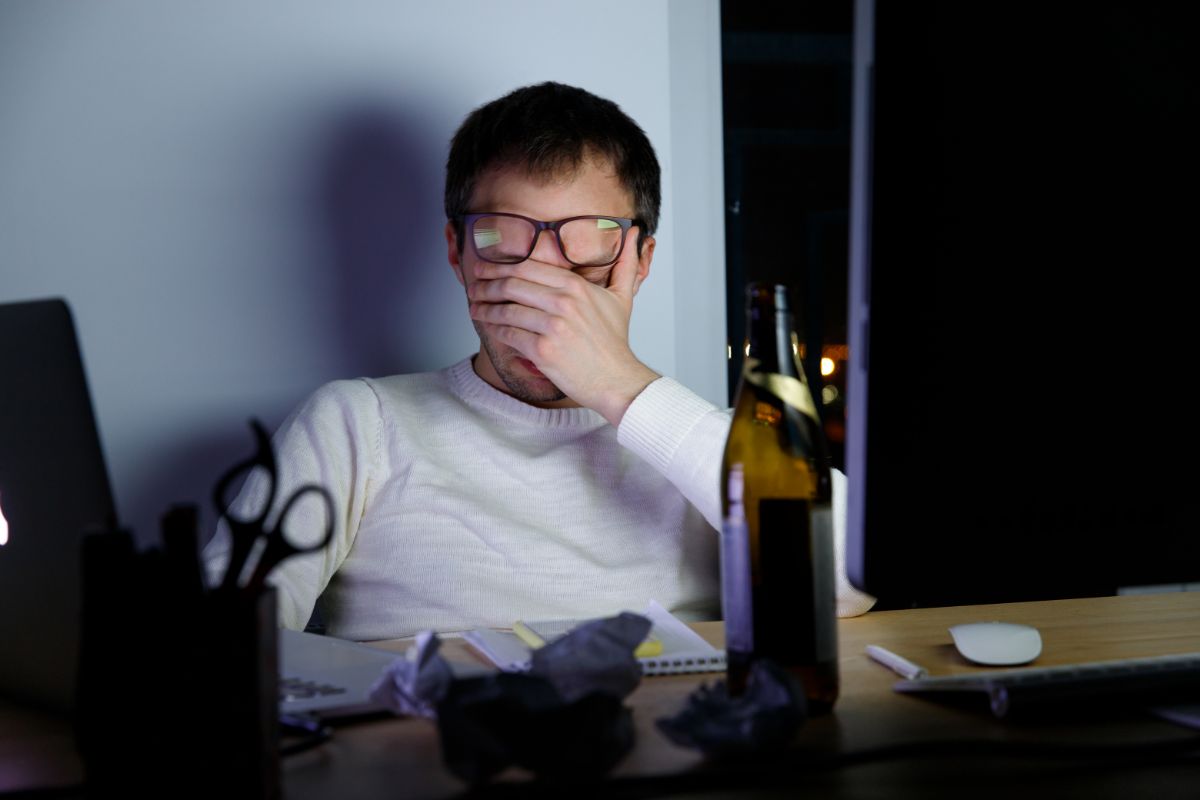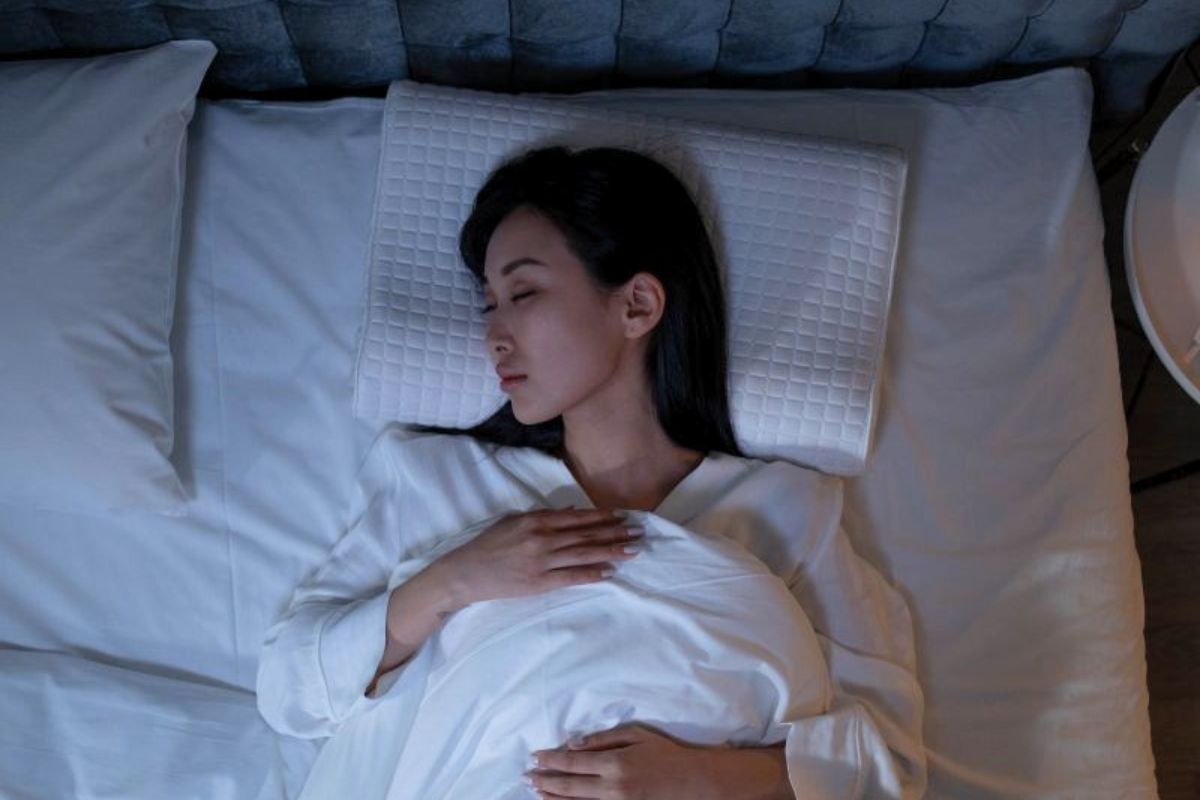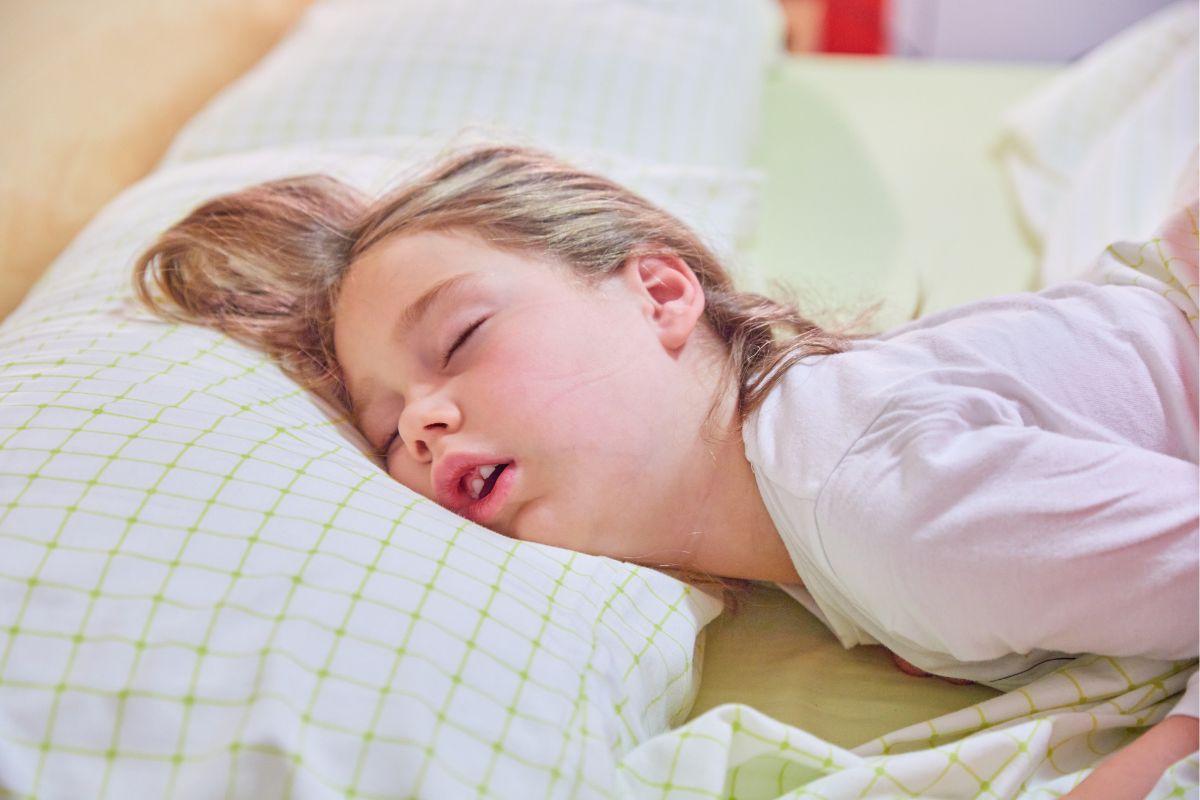Several studies have looked at the effective melatonin dosage for accelerating sleep onset
Some scientists are concerned that the 3mg pills commonly sold as dietary supplements might actually be detrimental. If you are thinking about taking the supplement, here’s
what you need to know.
The natural circadian rhythm is what causes people to sleep at night and wake up in the morning. The hormone melatonin is one of the things that make us sleepy.
If artificial lighting is dim or absent, the body begins to produce the hormone about two hours before bedtime. In most cases, this happens at around 9pm and a person is able to fall asleep around 11pm. Secretion of the hormone normally stops at around 7:30 in the morning.
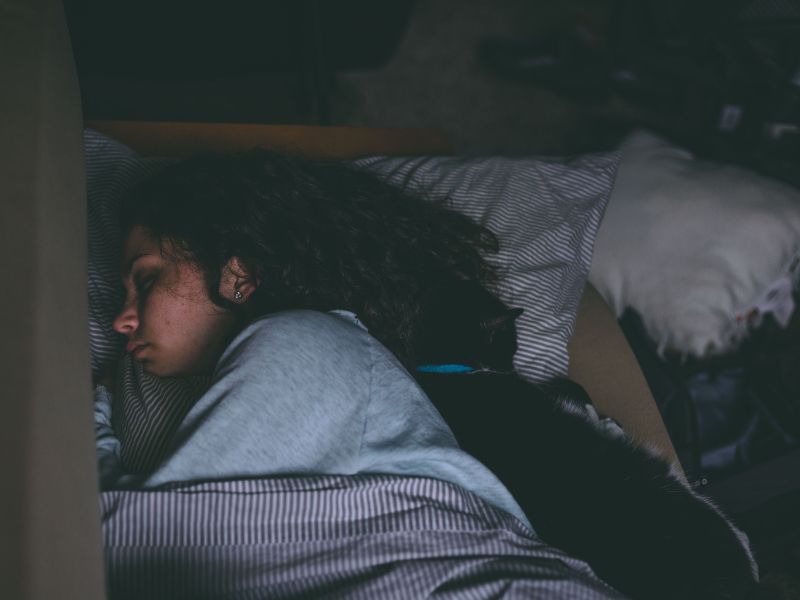
In circadian rhythm sleep disorders, the “clock” may be different.
Examples of circadian rhythm sleep disorders include delayed sleep phase syndrome and advanced sleep phase syndrome.
In delayed sleep phase syndrome, a person might not fall asleep until 2am, when most people are in their deepest phase of sleep. In advanced sleep phase syndrome, a person might fall asleep at 9pm and wake at around 4 or 5 in the morning.
The right melatonin dosage taken at the right time of the day could be beneficial for either of those conditions. The supplement is sometimes recommended for all kinds of insomnia because it has a mild hypnotic or sleep-inducing effect and is believed
to be safe.
The benefits of regular supplementation for circadian rhythm sleep disorders have to do with the effect that the hormone has on the phase response curve or PRC. The PRC was developed in order to illustrate the relationship between the timing of a treatment and the affect it has on the circadian rhythm.
Light therapy can be used to speed or delay sleep onset. Bright light in the morning and a .5 or 3mg melatonin dosage in the afternoon (about 8 hours after a person “wants” to wake up) has the most significant effect on delayed sleep phase syndrome. The combination treatment can be used to advance circadian rhythms by nearly an hour per day, according to one study.
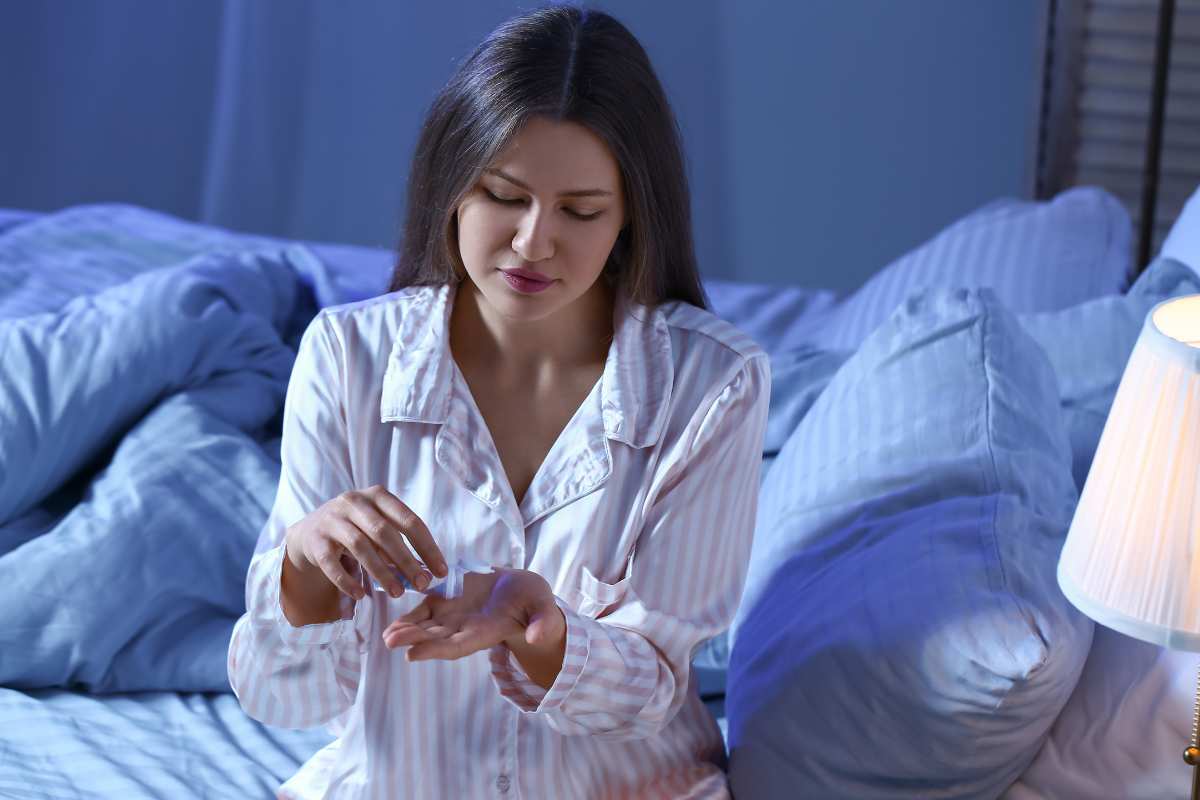
What study showed about melatonin dosage
The study also showed that .5mg was just as effective as a 3mg melatonin dosage. More is not better. In another study, researchers found that 20mg was not effective, but .5mg was.
If the problem was advanced sleep phase syndrome (falling asleep and awakening too early) a .5-3mg melatonin dose might be taken in the evening, rather than the afternoon. Combined with exposure to bright light in the evening, this could delay sleep onset gradually over a period of several days, allowing a person to sleep and wake at more “normal” times.
There is something to be said for doing what your body tells you to do. Sleeping when you feel sleepy and waking up on your own, without the aid of an alarm clock. But, most people do not have the luxury of doing that.
In today’s world, there are also instances where our internal clocks would become confused by what time zone we are in. That is commonly referred to as jet lag, which is another of the circadian sleep disorders. Some researchers suggest that the bright light/melatonin combination therapy could be useful for jet lag, as well as general insomnia.
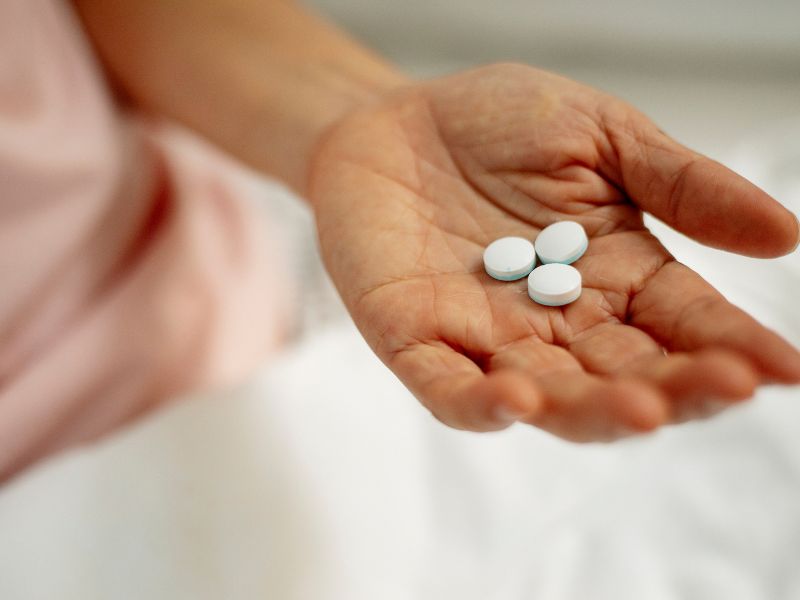
The availability of the dietary supplement is limited in some countries. While it is available over the counter, without a prescription in the US, it is prohibited in Germany. Those are just a couple of examples. The laws could be different where you live.
For healthy adults, a small melatonin dosage is generally recognized as safe. If you suffer from any health problem, you should consult your doctor before taking the supplement.


